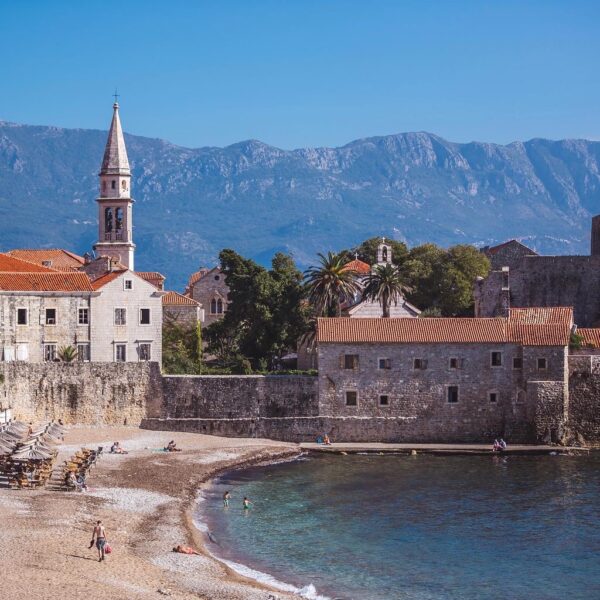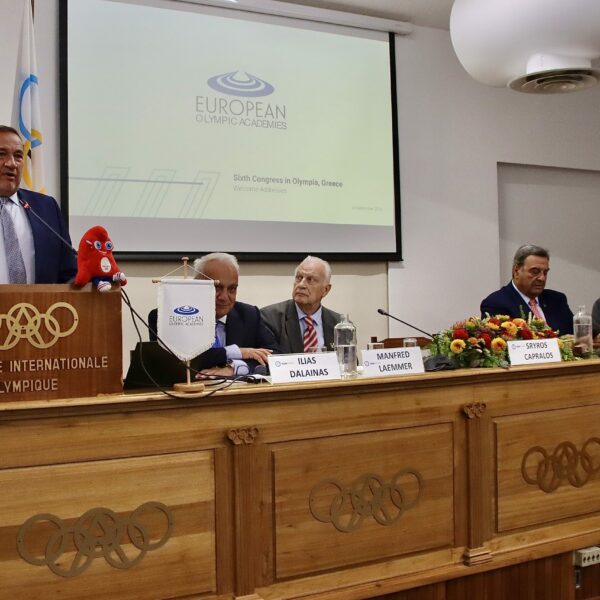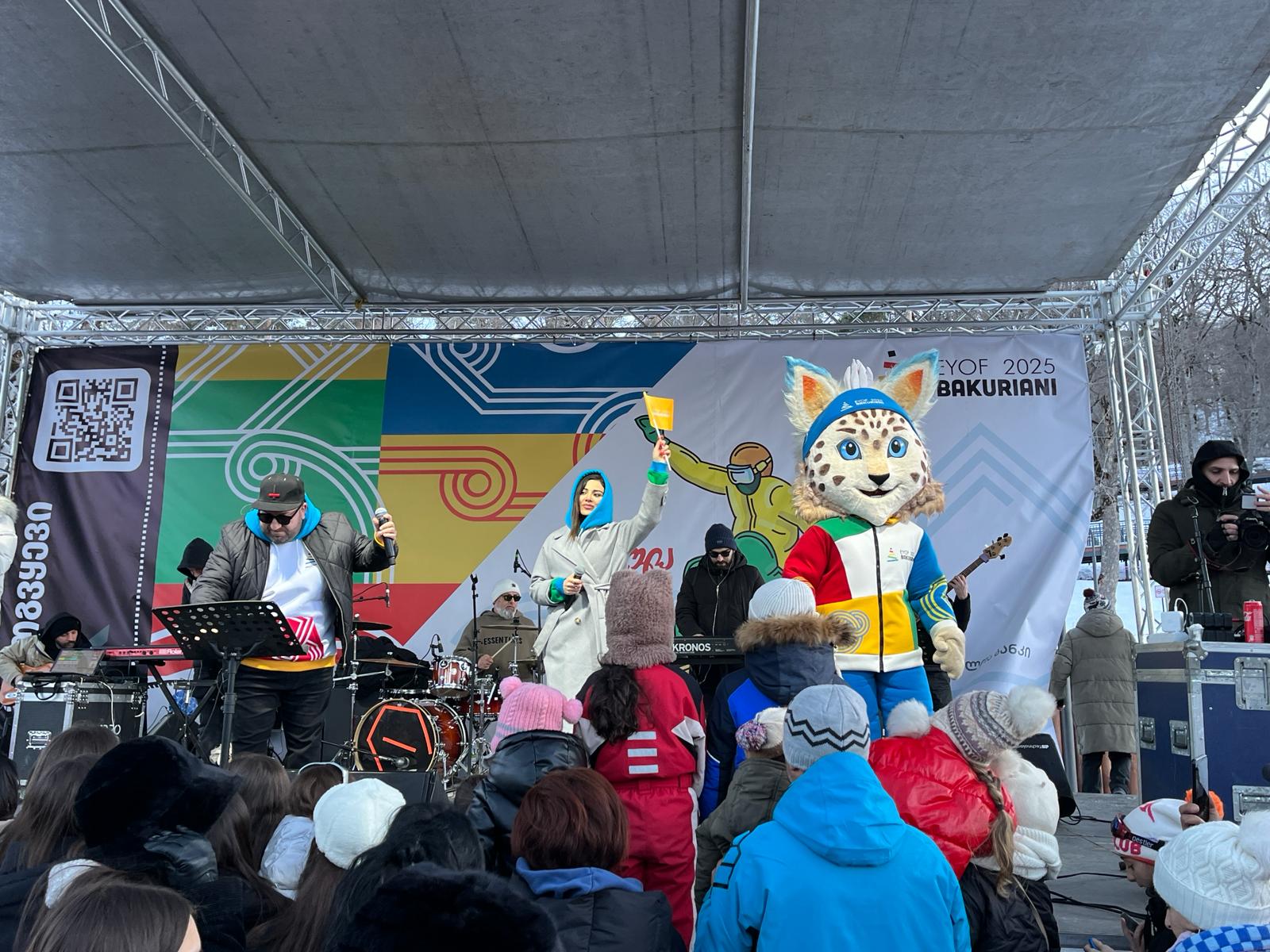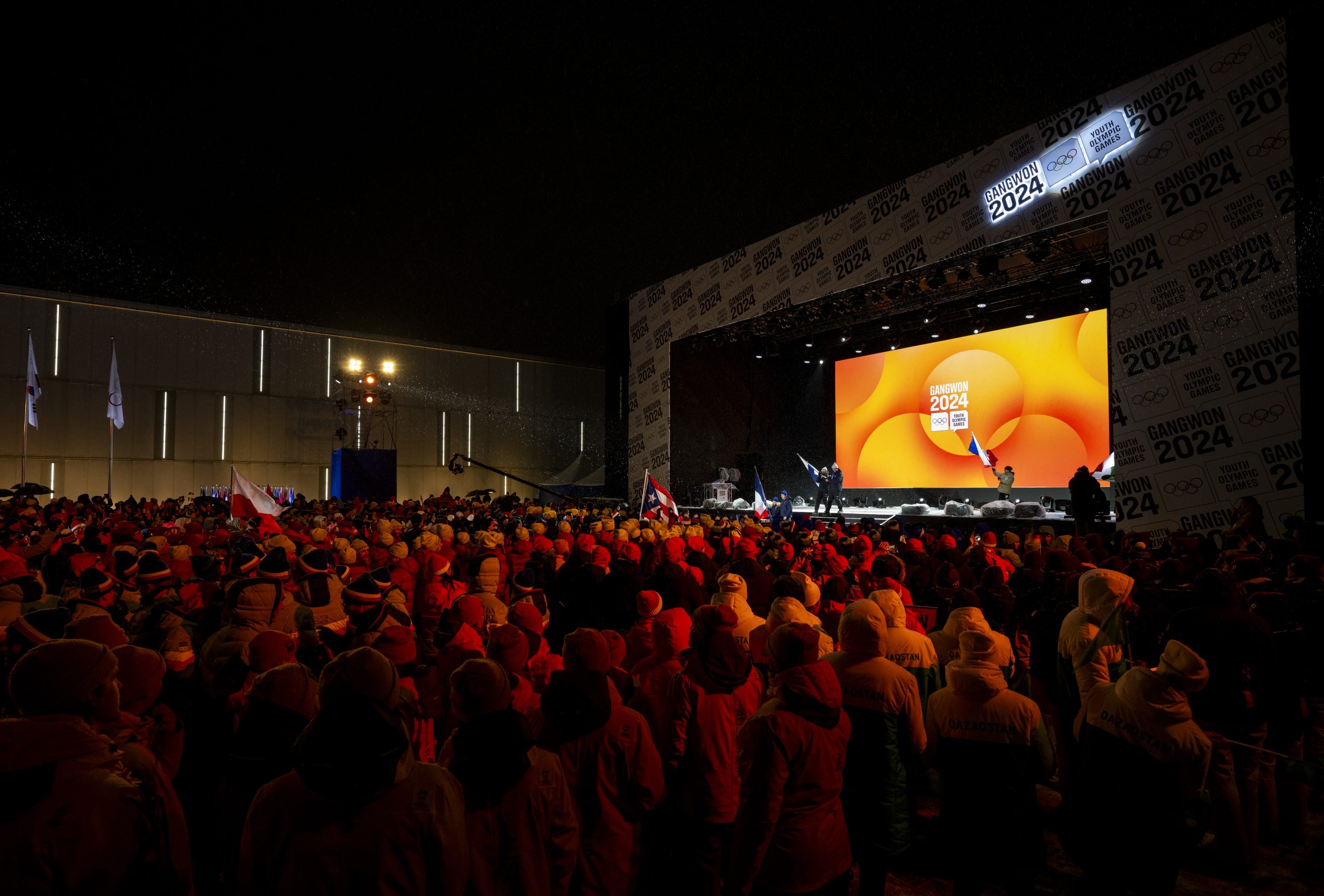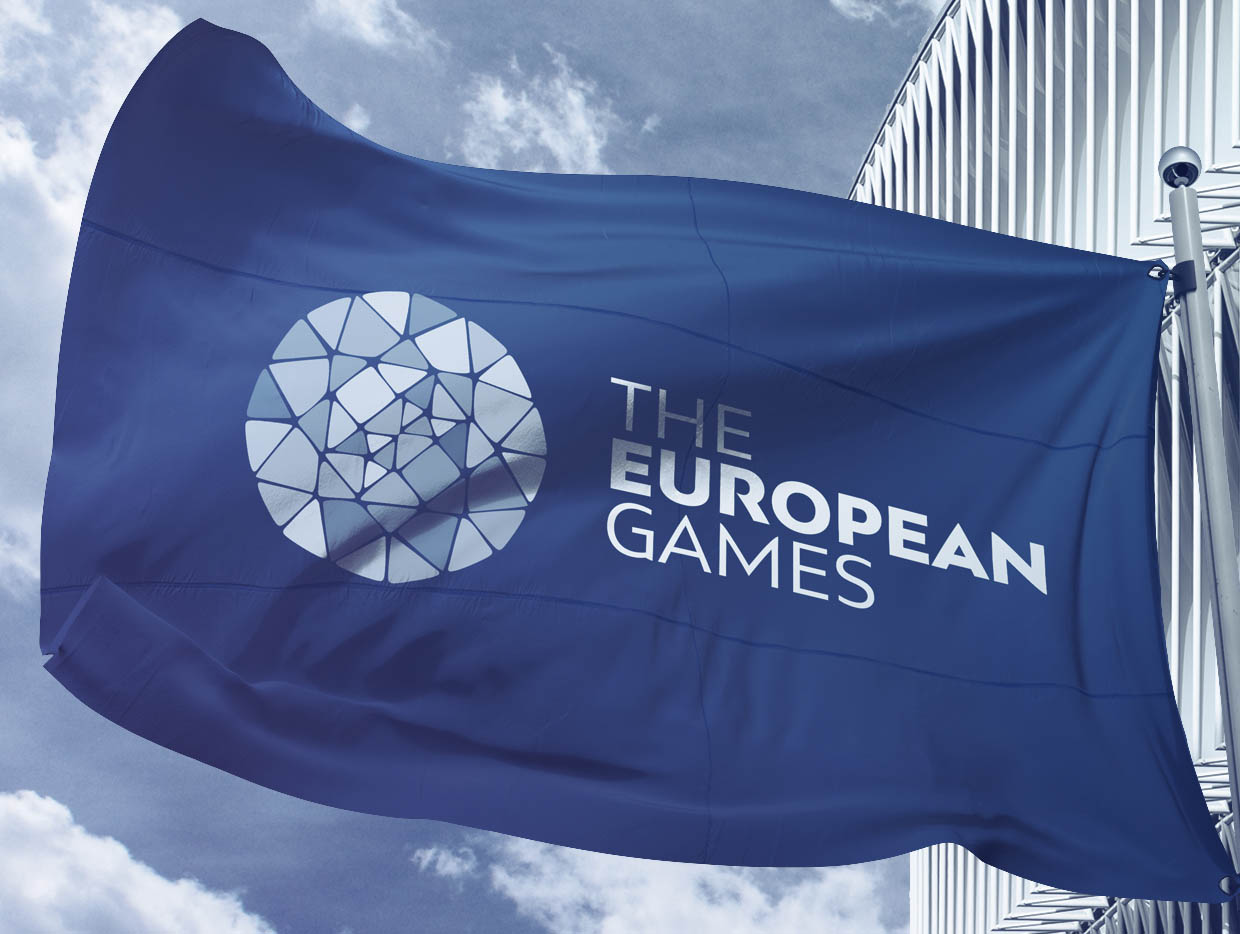As International Olympic Committee (IOC) President Thomas Bach once said, “To change or to be changed, that is the question. If you wait too long, you will be changed.”
In line with Bach’s approach, innovation has been at the forefront of European Athletics’ newest team format, Dynamic New Athletics (DNA) – an action-packed concept that saw its debut at the European Games Minsk 2019.
With the last DNA competition taking place last night inside a packed Dinamo Stadium in front of a roaring crowd, the overall response to the new strategy has been overwhelmingly positive, leaving the creators behind the idea thrilled with the outcome.
“It’s been an incredible journey for Dynamic New Athletics over the past three years,” said European Athletics Vice President Libor Varhaník, the Council Member in charge of the project.
“The mission was to deliver an entertaining, TV friendly, short form, team-based event, which could help us engage a younger audience and could complement the classical version of athletics, and we feel we have succeeded. After everything we have seen here at the European Games in Minsk, we firmly believe that DNA has a very bright future.”

Plenty of athletes indeed embraced the new concept, including team captain of Team Ireland Sarah Lavin, who crossed the finish line second in the 100m hurdles event during the qualification round on 23 June.
“You go into it not knowing what to expect because the individual events are slightly different,” she explained.
Athletics is primarily an individual sport, but according to Lavin, the team aspect pushes you to do better individually.
“Your performance contributes to the team’s performance. In some ways, you prepare the exact same way, but you run a little bit faster because you are doing it for everybody else as well,” Lavin said.
Zoya Naumov of Spain, who ran the concluding event known as The Hunt – a distance-medley race where the teams that performed best in the first eight events get a proportionate head start – shares Lavin’s excitement about DNA’s debut at the Minsk 2019 Games.
“We enjoyed it so much because we felt this sensation between everyone in the team,” she said. “I think it is a good way to entertain the audience and to see athletics [in a different light].”
It is universally known that people are creatures of habit, but it seems that coach of Team Italy, Giulio Ciotti, has changed his tune after initially being sceptical about the DNA format.
“For a 45-year-old man like me, [DNA] was a bit difficult to understand at the beginning. But seeing the competition live and living it myself was incredibly fun, and all our athletes, so they said, thrived in the collaborative environment,” Ciotti said.
The atmosphere behind the scenes was filled with just as much energy and excitement for the entire duration of the Games. Sports commentator for the Belarusian Channel 5 Siarhei Matskevich, who has been commentating on athletics since the 2011 World Championships in Daegu, Republic of Korea, said that following the new format as it was happening was a highly rewarding experience.
“Change is good and interesting, and I am always up for it,” he said. “Also, the Belarusians were absolutely amazing, so for me it was twice as fun.
“We’ve had a few challenges commentating on the high jump, which needs to be improved, but overall it is a great foundation to start with. All in all, each individual discipline has definitely been upgraded. Also, I think, the spectators really enjoyed it, because they felt engaged, which, at the end, is the most important thing.”

The audience was indeed cheering loudly throughout the week, even more so during yesterday’s finale, where host Belarus, after winning five of the eight preceding events, secured a silver medal, losing to Ukraine by only a fraction of a second.
Physical education teacher Nikolai Petrovskiy made the three-and-a-half-hour drive from Gomel just to experience the spectacular ending live, which exceeded his expectations.
“It’s a very bright competition,” he said. “The atmosphere here at the Dinamo was incredible. People were screaming and cheering, which made it instantly more fun. I am very proud of our athletes and how much they have achieved. DNA is definitely more modern and approachable for a younger audience. I would even say that it is the future of athletics.”
Petrovskiy expects the format to become popular worldwide, with Europe leading the way and other continents jumping on board soon after.
At the end of the two-hour adrenaline-packed match last night, Germany took home bronze, beating fourth-place Czech Republic by 0.19 seconds. France came fifth in 4:38.28, with Italy finishing sixth in 4:44.90.




